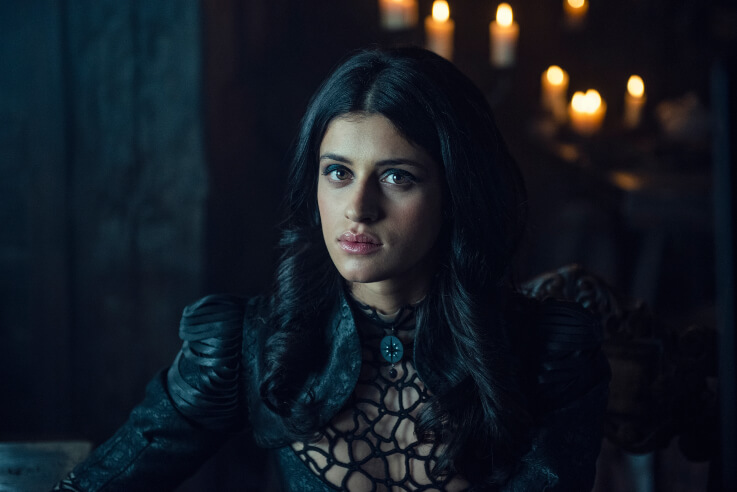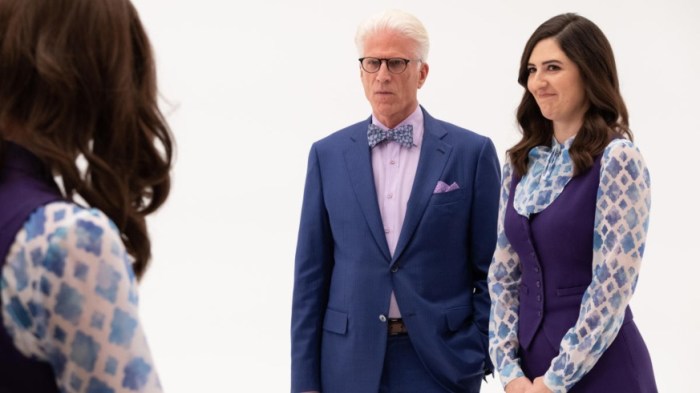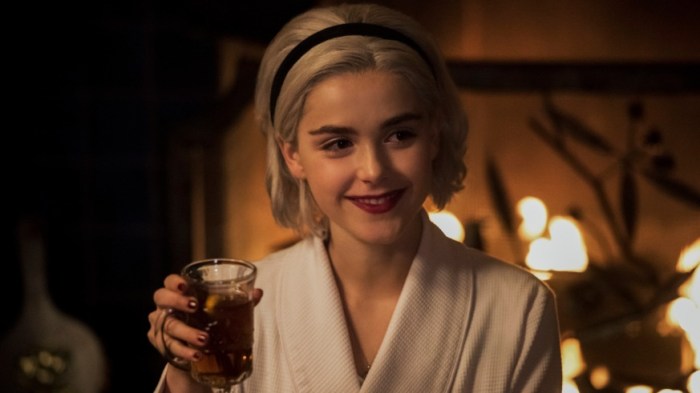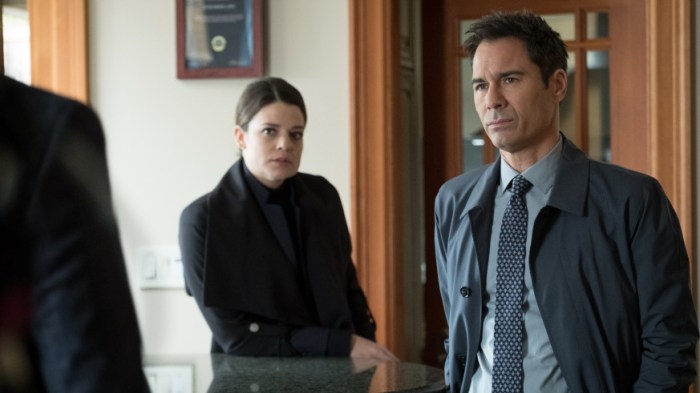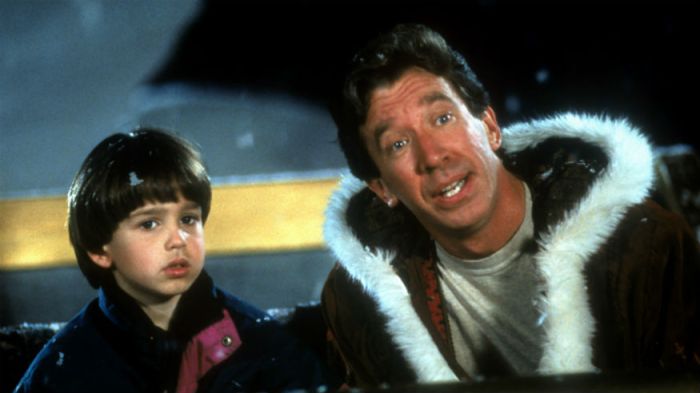There has been quite a bit of anticipation surrounding the release of Netflix’s latest fantasy series “The Witcher,” and it’s easy to see why. With a variety of novels, short stories and video games surrounding the mystical world of monsters and magic, a large fan base has already accumulated — so much so that it is even said to rival the dedicated audience of HBO’s “Game of Thrones.” The story written on paper and shown throughout the virtual world of gaming follows Geralt, a monster hunter who was trained and mutated at a young age to hunt and slay the evil creatures in his world, and Superman himself, Henry Cavill, has stepped into those coveted shoes. But what’s interesting specifically about Netflix’s adaptation of “The Witcher” is the cardinal presence of the women in the story, and quite specifically the developed backstory of Yennefer (Anya Chalotra), a sorceress who’s journey shifts as she begins to discover her powers and Ciri (Freya Allan), a princess who must find her own strength after suffering a devastating loss.
Both Chalotra and Allan sat down with Metro to discuss their character’s journeys, the pressure they felt taking on such iconic roles and overall why the women of “The Witcher” have brought a new life to this cabalistic series.
The women of ‘The Witcher’ talk bringing a new life to the wildly popular series
Was there pressure for either of you taking on such iconic characters? Also how much inspiration did you take from the book versions of Yennefer and Ciri?
AC: For me, I just turned away from that pressure of playing such an iconic character and focused on the script that we had, that was our bible. We knew we were basing the series on the novels, but we were doing something quite different with developing Yennefer’s back story and meeting Yennefer and Ciri independently from Geralt’s story. They have their own wants and desires, and I’ve had conversations with Lauren [Schmidt Hissrich, creator] and the other cast members about how we were going to bring Yennefer’s truth to the screen. It’s really easy to focus on the negative in this industry because it’s so personal, or for me, I take it quite personally. It’s very daunting thinking about it coming out, but also, there is so much positivity out there. I just focus on that and it does change my mindset about myself and my work— we’ve all worked so hard and no one can fault that.
FA: The minute I found out that I got the role I read “Blood of Elves,” but then the scripts started coming through so I just began focusing on those. I actually felt that I didn’t need to take too much from [the novels], it was more a reassurance. So when I read them, it was more of like, ‘oh okay, that’s exactly how I imagined it anyway’ kind of thing. Just from the audition, I had already gotten a sense of Ciri’s spirit and who she was. As for pressure with the role, I’m still trying to not be terrified about the show coming out. For me, it is very scary and daunting, but I’ve just got to keep in mind that I did work really hard and gave everything to every day that I was on set. You just have to remember not everyone is going to like it, but also hope that people are going to get something from what you’ve done. I can’t lie and say I don’t find it scary, but you’ve just got to try and not feed into it too much. I try to think about my fourteen-year-old self when I first started acting — I would just be so excited and proud. It’s easy to forget about that when you’re in it, so you have to think back to that and really appreciate where you’re at.

What do you specifically like about your characters?
FA: I love how Ciri is not afraid to speak out — she really vocalizes her opinion and values her voice, she uses it. She also realizes the power of choice, which we always say is kind of a running theme throughout the entire show. I just love how stubborn, feisty and curious she is, she always wants to learn. I can really relate to that as well.
AC: I learned a lot from Yennefer — but I think we connect a lot through our fearlessness. She’s stubborn and fierce and she’s really magical — she has powers and it was so exciting to act that fantasy element out. But also, she uses her insecurities and what she thinks is her weakness as a strength, it becomes her strength and makes her powerful because of everything she suffered for as a child.
Yennefer goes on quite the journey and transforms throughout the series, was it difficult shifting mindsets throughout the course of the show?
AC: It was my greatest challenge yet as an actor, and one that I loved as well. I have to play her from age fourteen to someone who is in her late 70s, but not only that, she has a deformed spine and a jaw abnormality. I have to figure out how I can best bring that truth to the screen so people can look past that and see what’s happening emotionally for her. I was worried that I wouldn’t be able to pull that off, but I tried to not make it too cerebral and just trust my instincts, and also trust the people around me and their advice and direction as well.
It seemed that with Ciri you had to do a lot of filming on your own, what were some of the challenges of acting solo for most of the first season?
FA: It was really challenging, right at the start of filming it was the opposite. I was surrounded by people all of the time, we had a real camaraderie and I loved it. Then suddenly, it all went and I would come in and sit on my own — it was a little sad, but I think it also really helped with the character because I went through the same thing she did, just not with the same intensity. We both lost people in a sense — I had made such great friends and suddenly they were all gone and I was on my own, and that’s what she goes through, just more extreme. Luckily there was a camaraderie with the crew and that really helped.
Obviously, this show uses a lot of CGI and filming tricks to create the magic, was it difficult filming those types of scenes and having to make believe in those moments?
AC: It’s tricky because it wasn’t something we were all on the same page on, we didn’t know what the monster would look like as a whole. We can imagine whatever we wanted and whatever scared us the most, but we hadn’t seen what that really was going to be like. You really did have to use your imagination and hope that it’s believable and rooted in truth in those moments because it’s real in that world.

This fantasy genre is wildly popular, but what would you say sets “The Witcher” apart from other films or series along the same lines?
FA: I think with regards to the women in it, what’s so great is that our stories are very independent of Geralt’s. They’re not attached to his, we have our own viewpoints. Also, the women are strong, but not because of a man, which is often quite rare to find in the fantasy genre.
Overall why do you think people feed into the fantasy genre so much?
FA: I think it has to do with the fact that there is so much to be obsessed with. So many people can like fantasy because there are so many different elements to it and exploring a world that is so different from our own with different possibilities is very easy to get addicted too.
AC: I think it’s escapism, you want to escape into a different world. Everything is so serious around us, and fantasy is a place where anyone and anything can exist. It’s magic.
“The Witcher” drops on Netflix on Dec. 20

